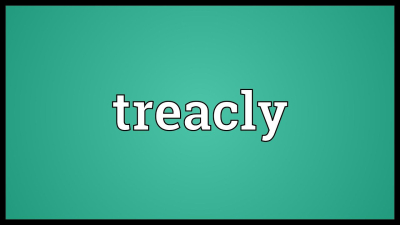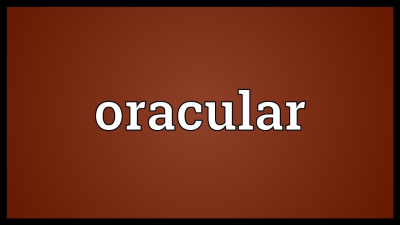What are the meaning, origin and usage of word ‘Treacly’?

(Pronounced tree-kuhl-ee)
Meaning: This adjective means dark and sticky, like treacle - a thick sweet syrup. Also, too pleasant or kind, or expressing feelings of love in a false way.
Origin: The word comes from treacle - a British term for molasses-originally "an antidote to poison", from the Greek root theriake, "antidote for poisonous wild animals". The sense of "molasses" is recorded from 1690s (the connection may be from the use of molasses as a laxative, or its use to disguise the bad taste of medicine). The use as "anything too sweet or sentimental" is from 1771.
Usage: The film is marked by a treacly sentiment.
Picture Credit : Google



